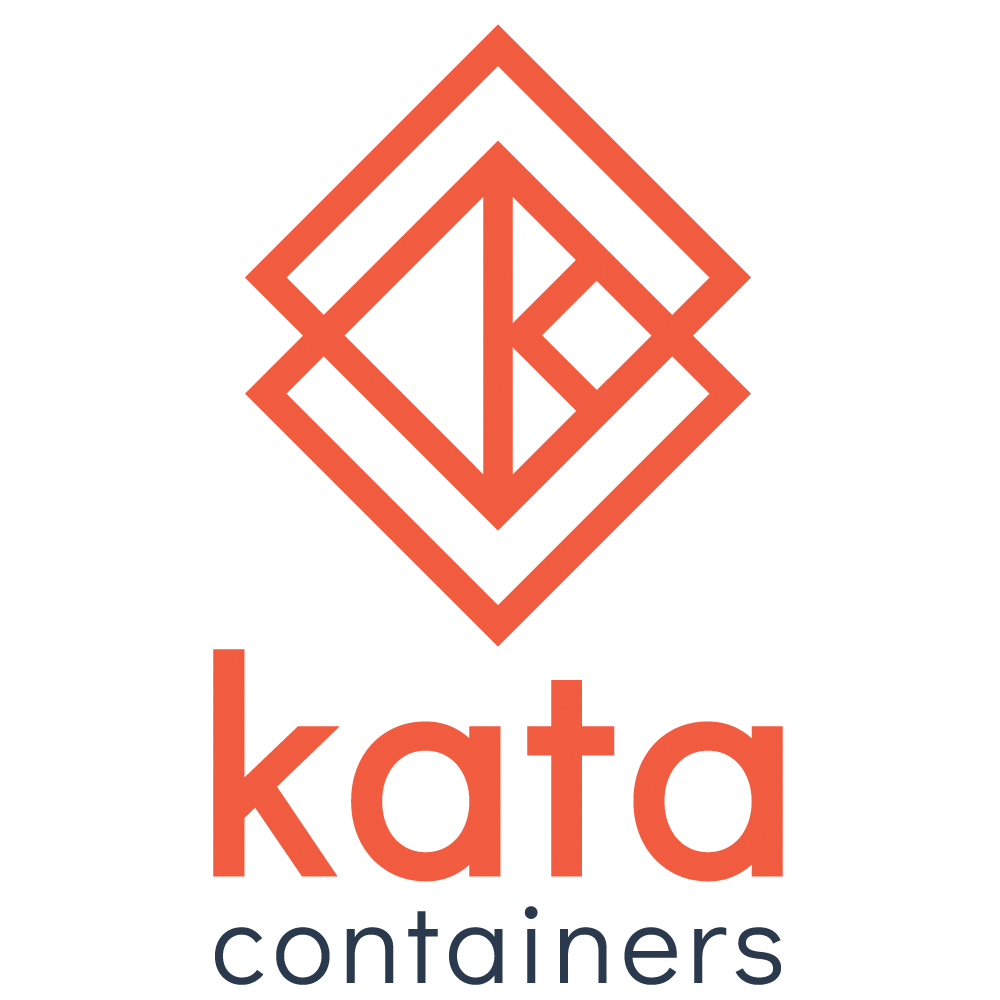Today we only clear out the cpuset details when doing an update call on existing container/pods. This works in the case of Kubernetes, but not in the case where we are explicitly setting the cpuset details at boot time. For example, if you are running a single container via docker ala: docker run --cpuset-cpus 0-3 -it alpine sh What would happen is the cpuset info would be passed in with the container spec for create container request to the agent. At that point in time, there'd only be the defualt number of CPUs available in the guest (1), so you'd be left with cpusets set to 0. Next, we'd hotplug the vCPUs, providing 0-4 CPUs in the guest, but the cpuset would never be updated, leaving the application tied to CPU 0. Ouch. Until the day we support cpusets in the guest, let's make sure that we start off clearing the cpuset fields. Fixes: #1405 Signed-off-by: Eric Ernst <eric.g.ernst@gmail.com>

Kata Containers
Welcome to Kata Containers!
The purpose of this repository is to act as a "top level" site for the project. Specifically it is used:
-
To provide a list of the various other Kata Containers repositories, along with a brief explanation of their purpose.
-
To provide a general area for Raising Issues.
Raising issues
This repository is used for raising issues:
-
That might affect multiple code repositories.
-
Where the raiser is unsure which repositories are affected.
Note:
- If an issue affects only a single component, it should be raised in that components repository.
Kata Containers repositories
CI
The CI repository stores the Continuous Integration (CI) system configuration information.
Community
The Community repository is the first place to go if you want to use or contribute to the project.
Code Repositories
Kata Containers-developed components
Agent
The kata-agent runs inside the
virtual machine and sets up the container environment.
KSM throttler
The kata-ksm-throttler
is an optional utility that monitors containers and deduplicates memory to
maximize container density on a host.
Runtime
The kata-runtime is usually
invoked by a container manager and provides high-level verbs to manage
containers.
Trace forwarder
The kata-trace-forwarder is a component only used
when tracing the agent process.
Additional
Kernel
The hypervisor uses a Linux* kernel to boot the guest image.
Documentation
The docs directory holds documentation common to all code components.
Packaging
We use the packaging to create packages for the system components including rootfs and kernel images.
Test code
The tests repository hosts all test code except the unit testing code (which is kept in the same repository as the component it tests).
Utilities
OS builder
The osbuilder tool can create a rootfs and a "mini O/S" image. This image is used by the hypervisor to setup the environment before switching to the workload.
kata-agent-ctl
kata-agent-ctl is a low-level test tool for
interacting with the agent.
Web content
The www.katacontainers.io repository contains all sources for the https://www.katacontainers.io site.
Credits
Kata Containers uses packagecloud for package hosting.